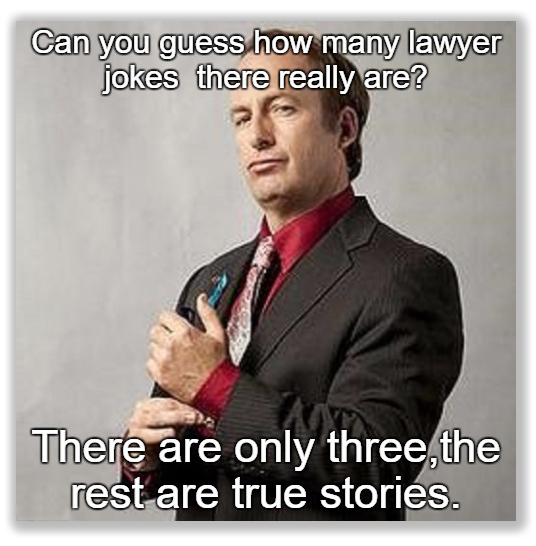We post news and comment on federal criminal justice issues, focused primarily on trial and post-conviction matters, legislative initiatives, and sentencing issues.

GOVERNMENT PLEA BREACH NOT PLAIN ERROR, BUT DEFENSE COUNSEL WAS PROBABLY INEFFECTIVE

Marquette Murray had a couple of problems, a federal drug conspiracy indictment and a couple of misdemeanors in D.C. Superior Court. His lawyer negotiated a favorable plea deal in which the government agreed Marquette was looking at Criminal History I and a sentencing range of 24-30 months.
After the deal was made, however, Marquette got sentenced in D.C. Superior Court before his federal sentencing. The presentence report used the misdemeanor convictions and made Marquette a Crim History II. His sentencing range rose to 27-33 months, and the government recommended a 33-month sentence.
On appeal with a different lawyer, Marquette claimed the government had breached the plea agreement, because in D.C., the government runs prosecutions in federal court and superior court. Because the government had the power, Marquette said, it should have delayed Superior Court sentencing so Marquette would have remained a Crim History I for federal sentencing purposes. To add insult to injury, the government demandedMarquette get 33 months, and thus breached its promise to recommend a within-range guidelines sentence.
 What did in the government was that it agreed in the plea agreement that based on the information it knew, Marquette had a criminal history of I and a sentencing range of 24-30 months. Last week, the Court of Appeals agreed with Marquette that the government had welshed on the deal, but it denied Marquette relief… even while dangling a post-conviction carrot in front of him.
What did in the government was that it agreed in the plea agreement that based on the information it knew, Marquette had a criminal history of I and a sentencing range of 24-30 months. Last week, the Court of Appeals agreed with Marquette that the government had welshed on the deal, but it denied Marquette relief… even while dangling a post-conviction carrot in front of him.
Sure, the Court ruled, the government breached the plea agreement. But because Marquette’s trial attorney did not object, the appeals court could only grant relief for FRCrimP 52(b) plain error. “And to find plain error,” the Court said, “it is not enough to base our reading on the parties’ ‘reasonable understanding’ and on ‘construing any ambiguities’ against the government. Rather, we must find that the breach was clear or obvious.”
While reasonable defendants could have understood the agreement the way Marquette did, the agreement did not expressly address whether the not-yet-entered pleas would affect his final criminal history category and Guidelines range, and the agreement does not expressly address the expected timing of those pleas. “In sum, we conclude that the government breached its plea agreement with appellant [Marquette]. But [Marquette] did not object to the breaches in the district court, and we therefore cannot provide him with relief because the breaches were not plain. Although his interpretation of the agreement’s ambiguous language is the best one, we cannot say that the breaches should “have been obvious to the trial court.”
However, the Court said in an unmistakable hint to Marquette, it seemed pretty clear his trial counsel was ineffective in not seeking a continuance in Superior Court and in not objecting to the government asking for more than 30 months.
 And because “in most cases the Guidelines range will affect the sentence,” the prospect that effective performance would have put [Marquette’s] 33-month sentence above the Guidelines range is sufficient to establish a reasonable probability of prejudice.
And because “in most cases the Guidelines range will affect the sentence,” the prospect that effective performance would have put [Marquette’s] 33-month sentence above the Guidelines range is sufficient to establish a reasonable probability of prejudice.
The Court strongly implied that Marquette might get the deal he was entitled to on post-conviction review, and it hinted to Marquette that he should be sure to file a 2255 motion, which he will no doubt be doing soon.
United States v. Murray, Case No. 17-3006 (D.C. Cir., July 31, 2018)
– Thomas L. Root

